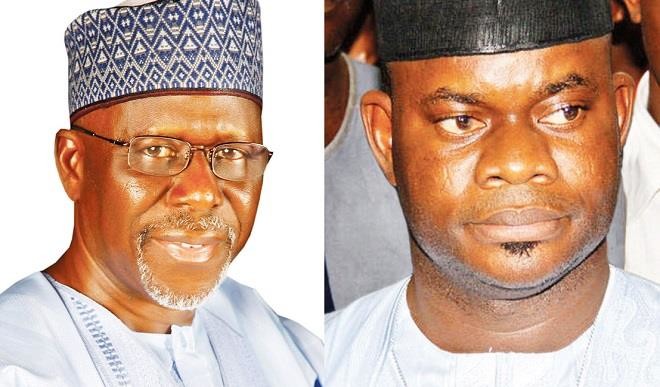Supplementary poll: Kogi elects new gov tomorrow
Electorates in Kogi State will tomorrow elect a new governor for Kogi State at a supplementary governorship election holding in 91 Polling Units to conclude the November 21, 2015 poll which was declared inconclusive by the Returning Officer, Professor Emmanuel Kucha. On November 25, the Independent National Electoral Commission (INEC) fixed December 5 for the […]


Electorates in Kogi State will tomorrow elect a new governor for Kogi State at a supplementary governorship election holding in 91 Polling Units to conclude the November 21, 2015 poll which was declared inconclusive by the Returning Officer, Professor Emmanuel Kucha.
On November 25, the Independent National Electoral Commission (INEC) fixed December 5 for the supplementary poll, asked the All Progressives Congress (APC) to replace its late governorship candidate, Prince Abubakar Audu and notified all 22 political parties participating in the Kogi governorship election.
The APC replaced the late Audu with the second runner-up at the primary election, Alhaji Yahaya Bello, retaining Hon James Faleke as the deputy governorship candidate.
Mr Faleke had rejected the offer, saying he is already the governor-elect. He wrote both the INEC and the APC leaders about his position. He had also gone to court over the issue.
Also, Governor Idris Wada of the Peoples Democratic Party (PDP), who came second at the inconclusive November 21 poll, had also asked the electoral body to declare him the winner, following the death of Prince Audu.
On November 21, the INEC declared the election inconclusive, explaining that the results showed a number of cancelled votes that was higher than the margin between the leading candidate and the runner-up.
After results from 21 local government areas were announced, Abubakar led the incumbent Governor Wada of the PDP by 41,353.
The APC polled 240,867 votes, while the PDP garnered 199,514 votes.
The commission said 49,953 votes were canceled, which was higher than the margin between the leading candidate and the runner-up.
